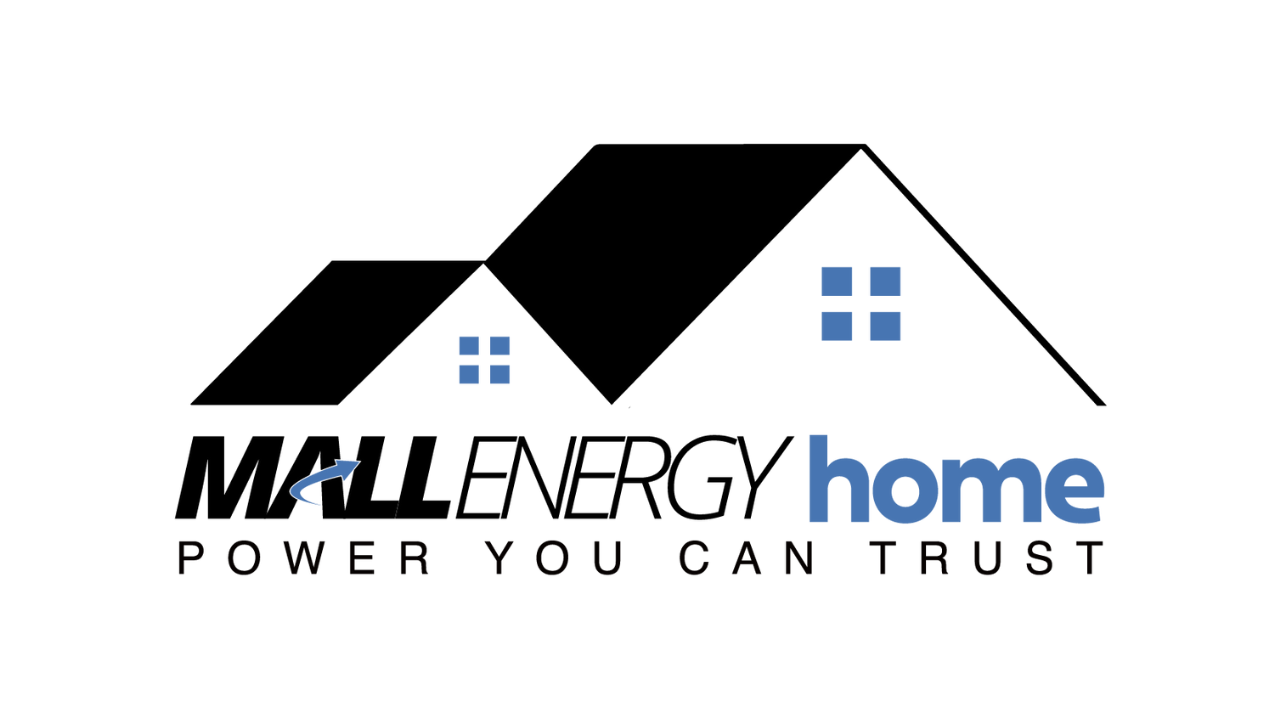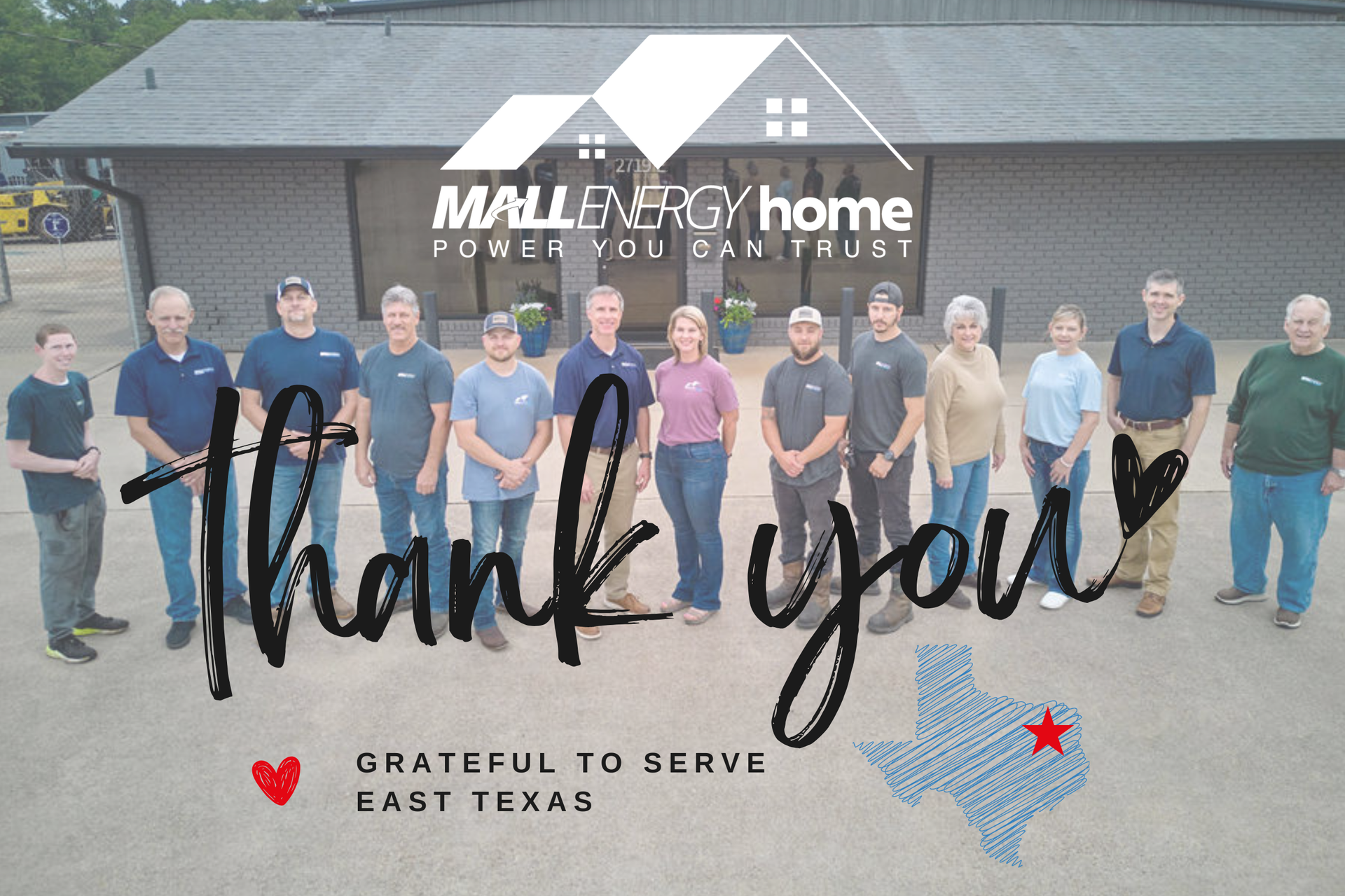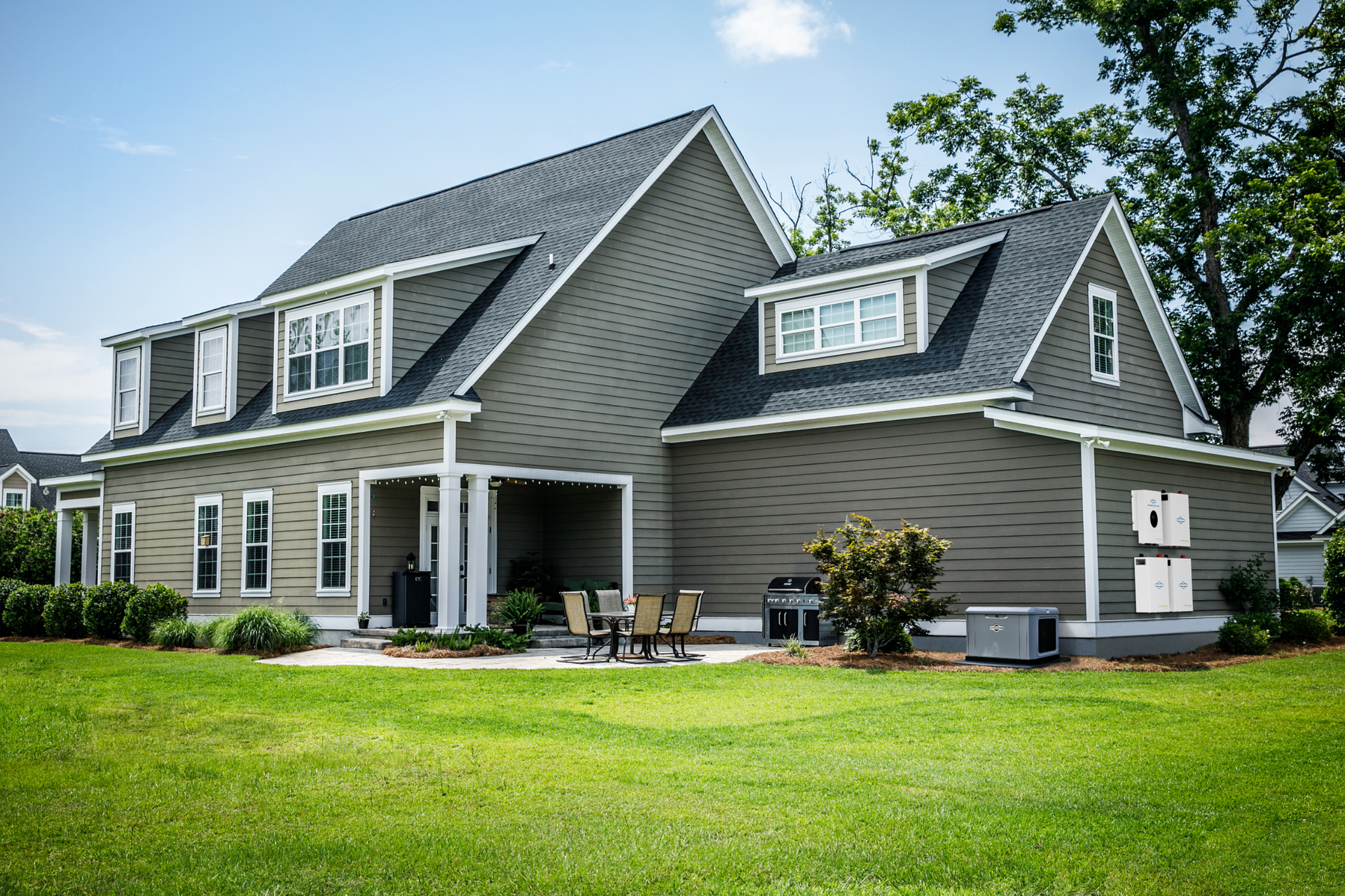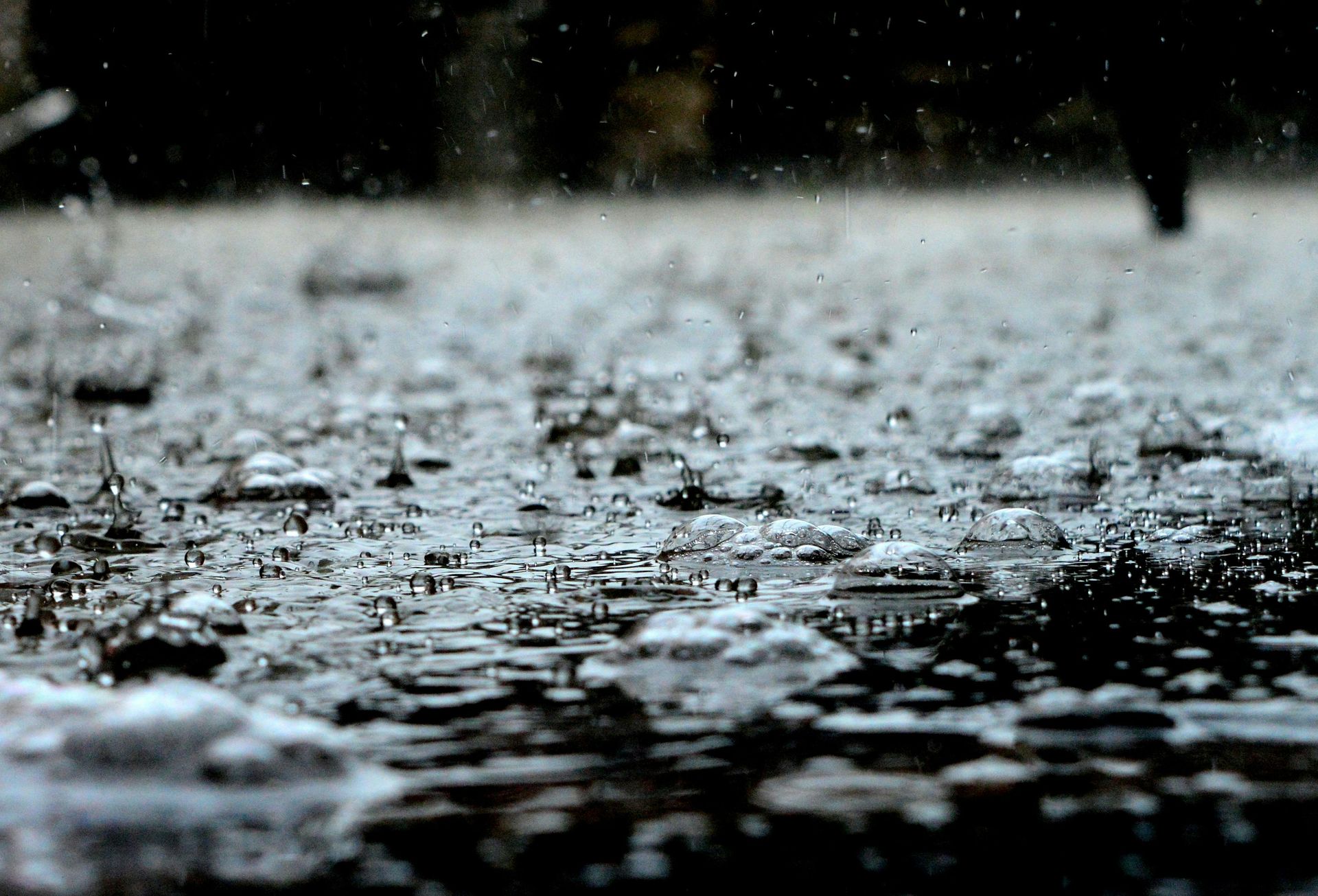Comparing Fuel Types for Standby Generators: Propane vs. Natural Gas vs. Diesel
Which Fuel Type Is Right For Your Home Standby Generator?

When selecting a standby generator for your home, one of the most important decisions is choosing the right fuel type. Propane, natural gas, and diesel each have their own advantages and disadvantages in terms of availability, cost, storage requirements, and environmental impact. Understanding these factors can help you make an informed decision that best suits your needs.
Fuel Types for Generators
There are generally four types of fuel available for engines: gasoline, natural gas, and propane for engines referred to as gasoline engines; and diesel fuel for diesel engines. Diesel fuel has a higher heat value, so it can actually produce more power per gallon compared to other fuels.
Most generators sold for home use today are 26KW or less. In that size range, there are no competitively priced diesel engines. Virtually all home standby units utilize gas engines designed and built for golf carts and commercial mowers, which are manufactured in the millions each year. Since these engines are produced in such high volumes, they are relatively low in cost. These engines typically run on gasoline but can also be modified with minor adjustments to run on natural gas or propane.
Propane Generators
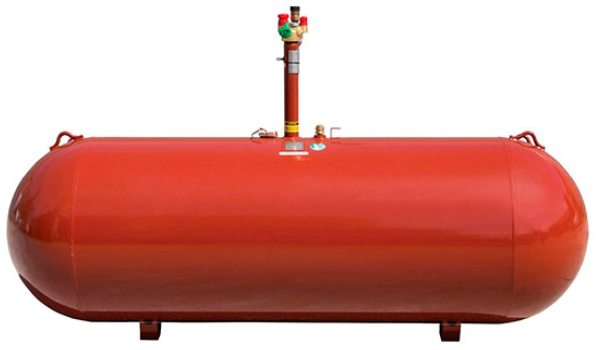
Pros:
- Long Shelf Life: Propane does not degrade over time, making it an excellent choice for long-term storage.
- Cleaner Burning: Produces fewer emissions compared to diesel, making it an environmentally friendly option.
- Readily Available: Propane can be stored on-site in tanks, providing flexibility for homeowners who do not have access to natural gas.
Cons:
- Higher Cost: Propane can be more expensive than natural gas, depending on market conditions.
- Storage Requirements: Requires a dedicated storage tank, which can take up space and may require periodic refilling.
- Lower Energy Density: Propane generators generally require larger fuel tanks compared to diesel for the same runtime.
- Refill Delays: In a prolonged outage, refilling propane may be delayed due to high demand or challenges with delivery services accessing your site.
Natural Gas Generators
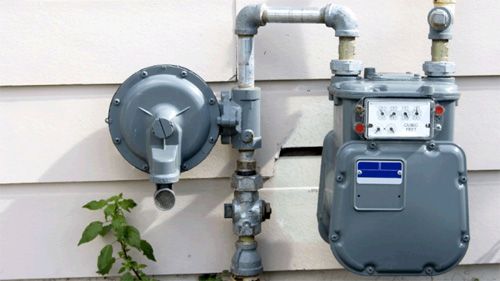
Pros:
- Unlimited Fuel Supply: Natural gas is supplied directly to your home through utility lines, eliminating the need for on-site storage.
- Lower Fuel Costs: Typically more affordable than propane and diesel, depending on local utility rates.
- Clean Burning: Produces fewer emissions than diesel, contributing to better air quality.
Cons:
- Dependent on Utility Service: If natural gas lines are disrupted due to severe weather or disasters, the generator will not function.
- Lower Energy Output: Compared to diesel, natural gas generators may have slightly lower efficiency and power output.
- Installation Costs: Requires a connection to an existing gas line, which can add to the upfront installation expenses.
Diesel Generators
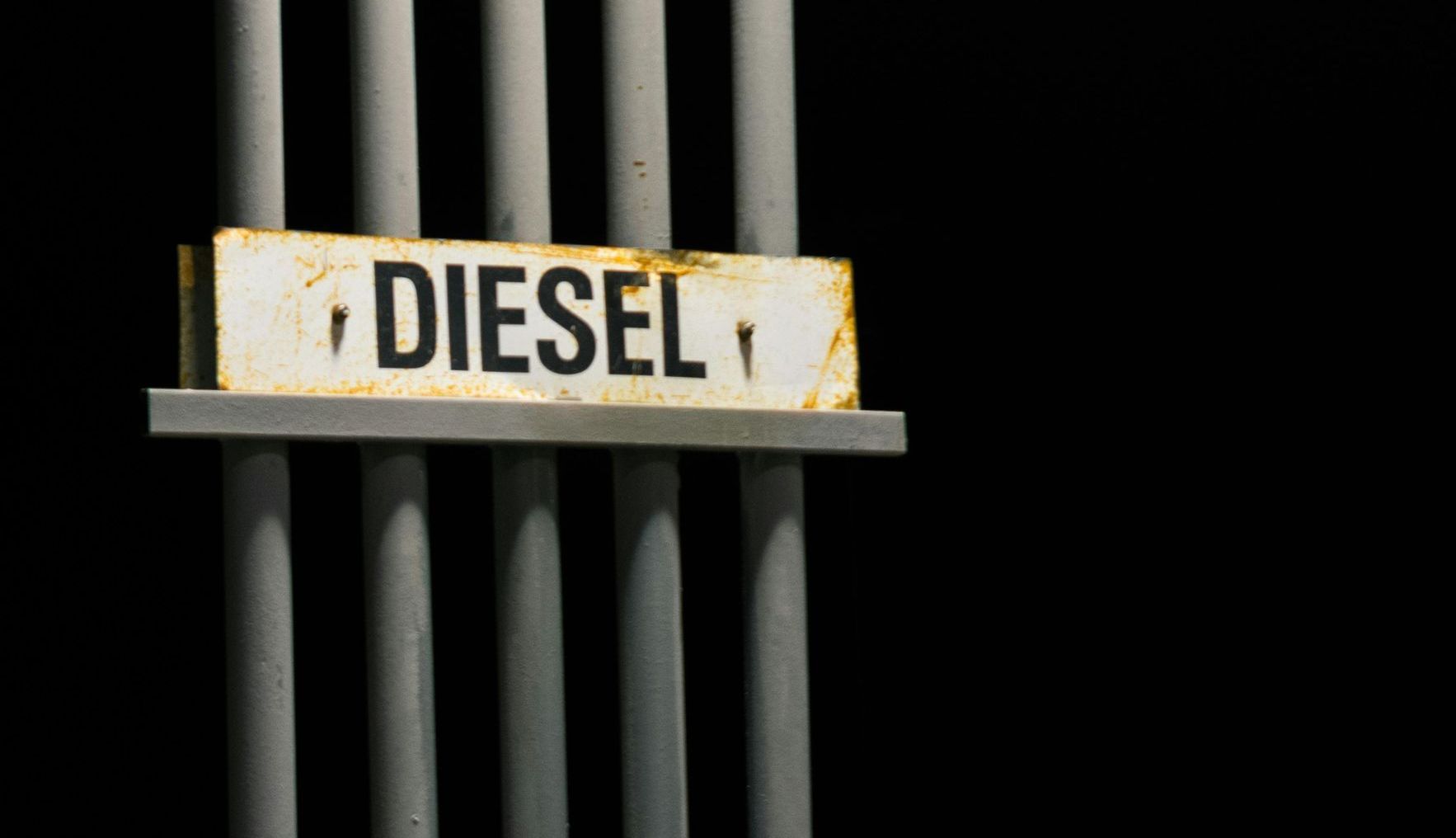
Pros:
- High Energy Density: Diesel fuel provides more power per gallon compared to propane and natural gas, making it ideal for high-power applications.
- Reliable in Emergencies: Can operate independently from utility services, making it a dependable choice for critical backup power.
- Durability: Diesel engines tend to have a longer lifespan and require less maintenance than propane or natural gas engines.
Cons:
- Requires On-Site Fuel Storage: Diesel fuel must be stored in a tank, which requires maintenance and can degrade over time.
- Environmental Impact: Diesel emits more pollutants compared to propane and natural gas.
- Higher Upfront Costs: Diesel generators and their installation can be more expensive than their gas counterparts.
Which Fuel Type Is Right for You?
If you want a low-maintenance and cost-effective solution and have access to utility gas lines,
natural gas is a great option.
If you prefer independent fuel storage and environmental friendliness,
propane may be the best choice.
If you need high power output and maximum reliability in emergencies, diesel is the way to go.
Choosing the right fuel for your standby generator depends on your location, energy needs, and budget. At MALL Energy Home, we can help assess your home’s power requirements and recommend the best generator solution tailored to your specific situation. Contact us today to learn more about standby generator options and ensure you’re prepared for any power outage.

